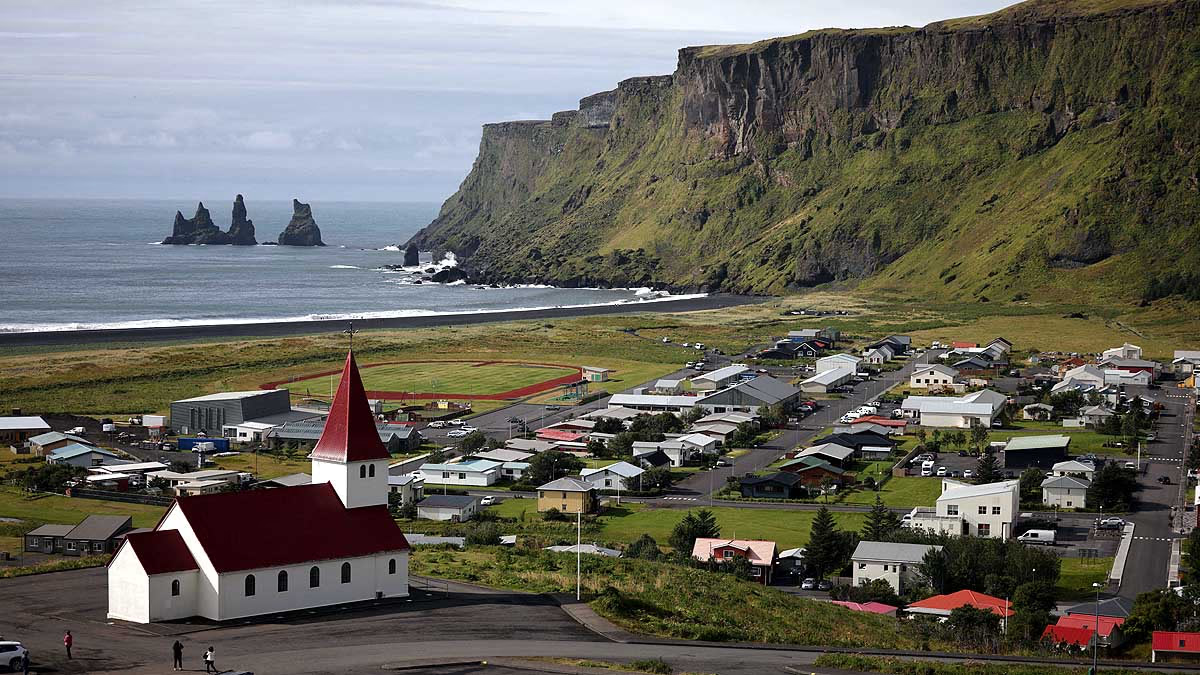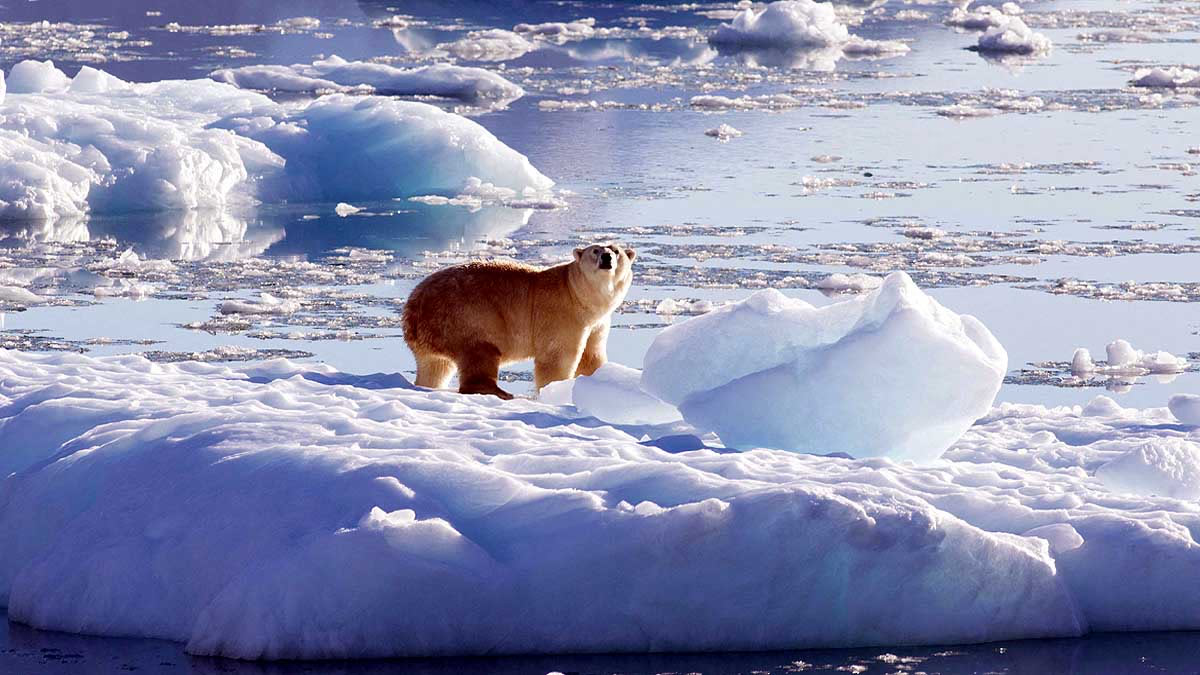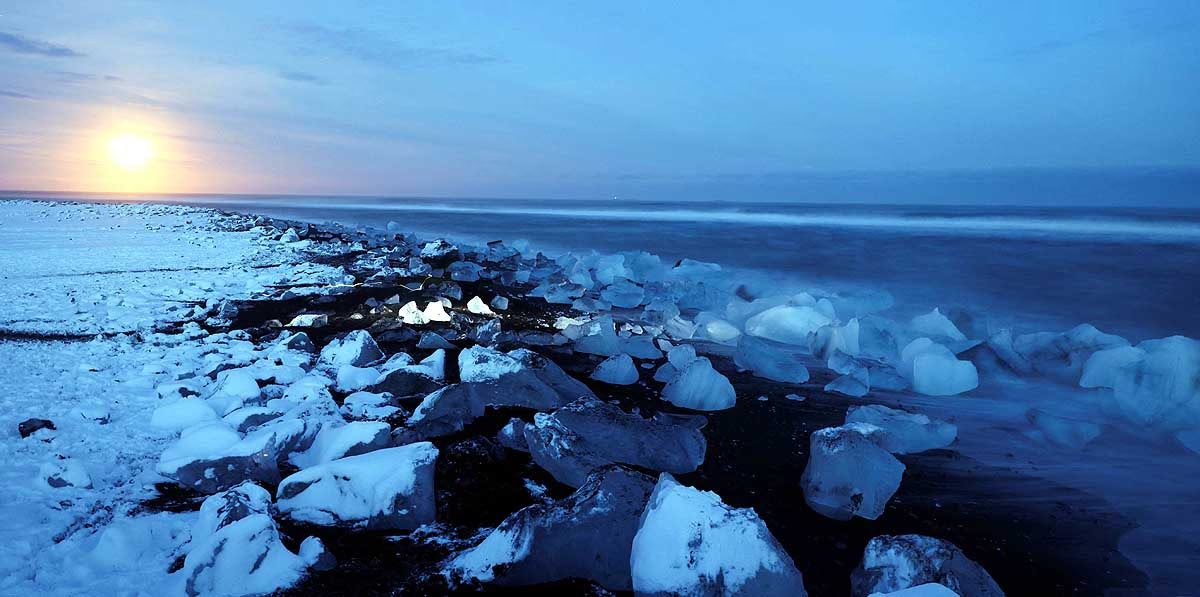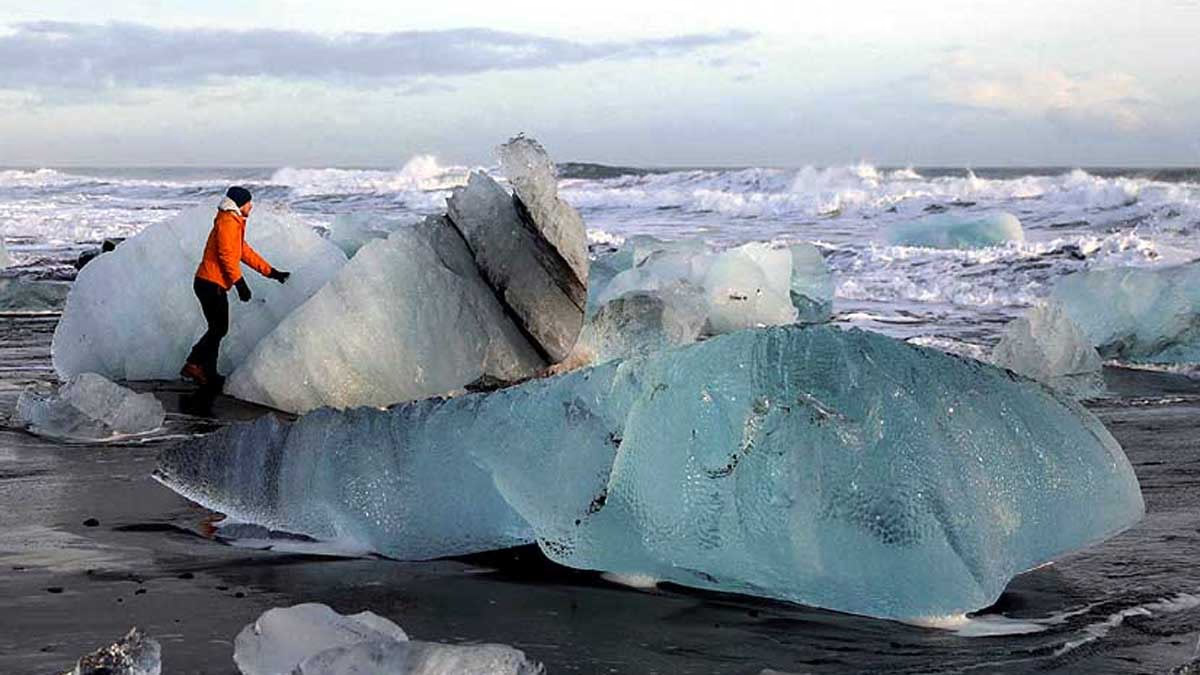The primary ocean current in the Atlantic Ocean, which helps keep Europe and several continents warm, is diminishing. Iceland has labeled it a national security threat. If this current ceases, Europe might once again enter an ice age, resulting in snowy and icy conditions everywhere.
Iceland's Climate Minister, Jóhann Páll Jóhannsson, stated that it's a threat to the country's existence. The government is preparing for the worst-case scenario since Iceland is right near the North Pole and would face the most severe effects.

Source: aajtak
The Atlantic Meridional Overturning Circulation (AMOC) moves warm water from the tropics toward the Arctic, making European winters milder. However, climate change is causing Arctic ice to melt, with cold water flowing into the ocean from Greenland's ice sheets.
Scientists indicate that this cold water could disrupt the current. If the AMOC collapses, Northern Europe could face a significant drop in winter temperatures, with increased snow and blizzards. Scientists note that the current has collapsed before, around 12,000 years ago, just before the last glacial period.
Jóhannsson stressed the direct threat to national resilience and security. This is the first event to be labeled an existential threat by the national security council. All ministries are now on alert, preparing responses. The government is focusing on research, policies, and disaster preparedness.
The threats include energy and food security, infrastructure, and international transport. Jóhannsson mentioned that sea ice could halt ships, with extreme weather harming agriculture and fishing, which are vital for the economy and food supply. Iceland cannot afford to wait.

Source: aajtak
The impact of an AMOC collapse would extend beyond Northern Europe. It could disrupt rainfall patterns for farmers in Africa, India, and South America, and accelerate Antarctic warming, where ice is already at risk. Scientists are warning that this event might be completed in the coming decades due to rising global temperatures.
Alexei Nummelin from Finland's Meteorological Institute stated there's significant research on the timeline, but less is known about societal impacts. Stefan Rahmstorf from Germany's Potsdam Institute said science is rapidly evolving, and time is short as the tipping point nears.
Other Northern European countries are also vigilant. Ireland's Meteorological Service has briefed the Prime Minister and parliamentary committees. Norway's Environment Ministry is conducting new research. The UK has allocated over £81 million for research.

Source: aajtak
The Nordic Council held a "Nordic Tipping Week" workshop in October with 60 experts preparing societal impact recommendations. More than 30 universities' scientists warned about the melting of Earth's ice on Monday.
Iceland is not taking risks amid increased greenhouse gas emissions and rising heat. The government is incorporating risks into climate adaptation plans. Experts urge more research to understand societal impacts. This issue highlights that climate change is not just an environmental concern but a security question.




